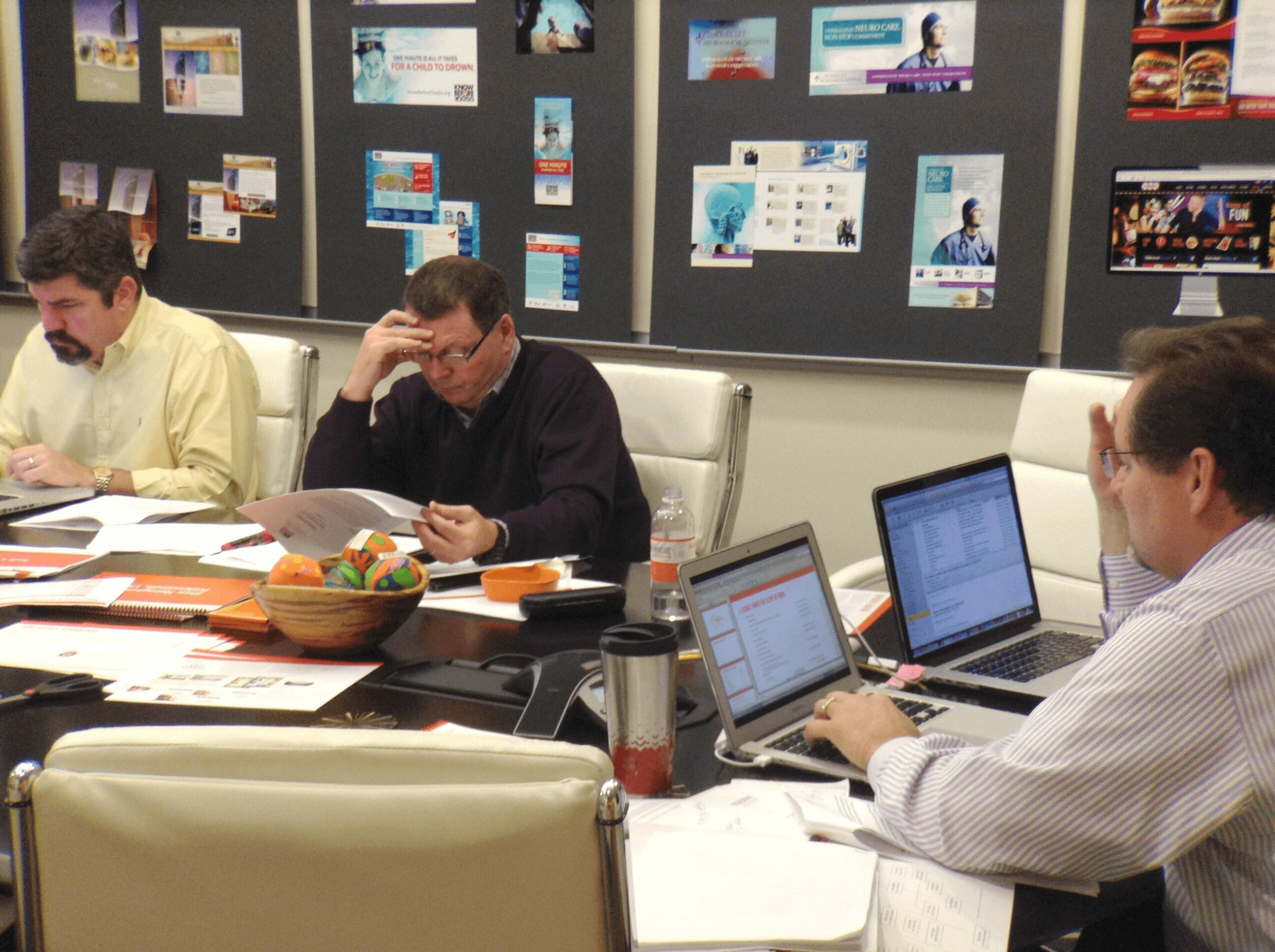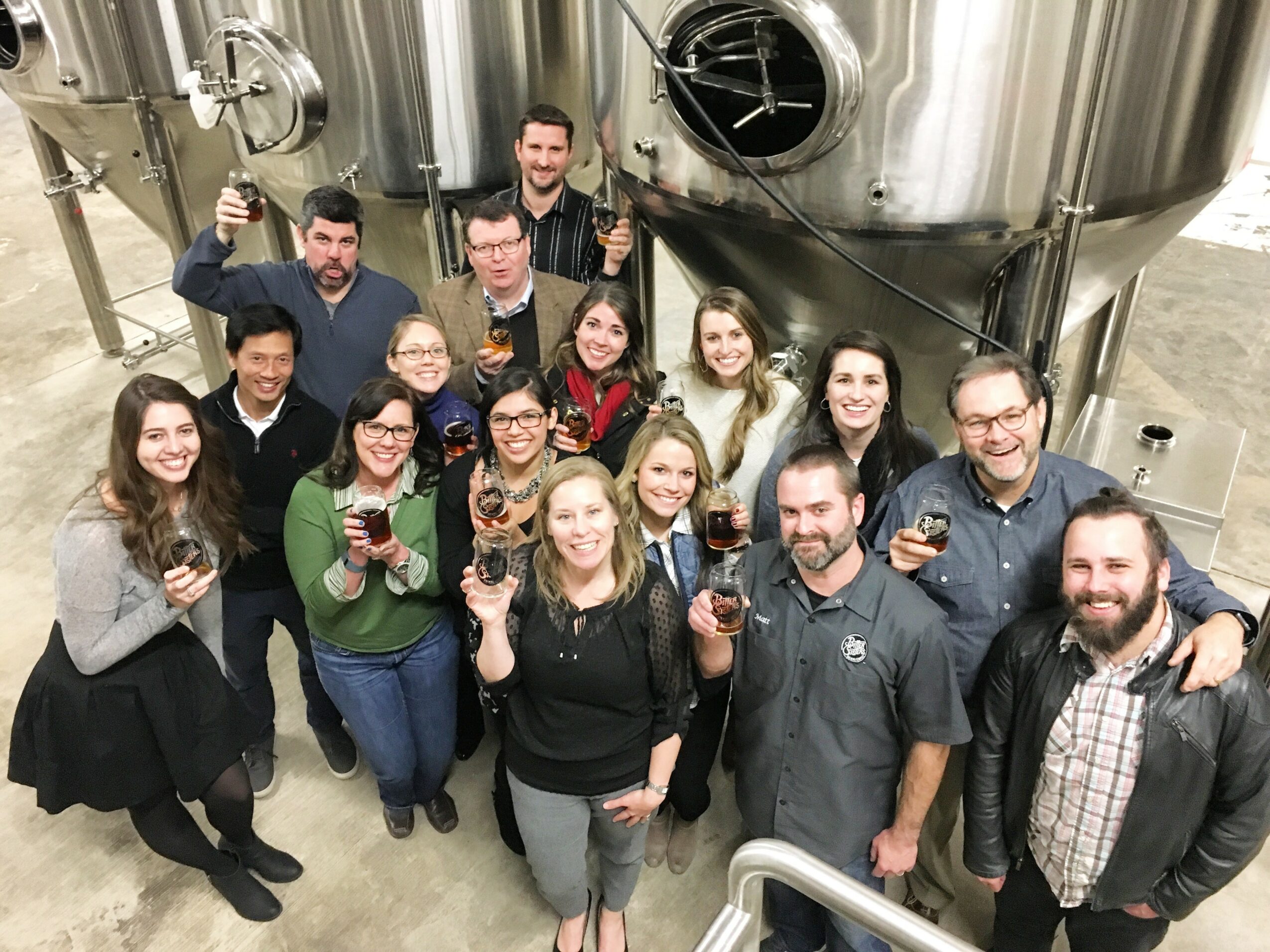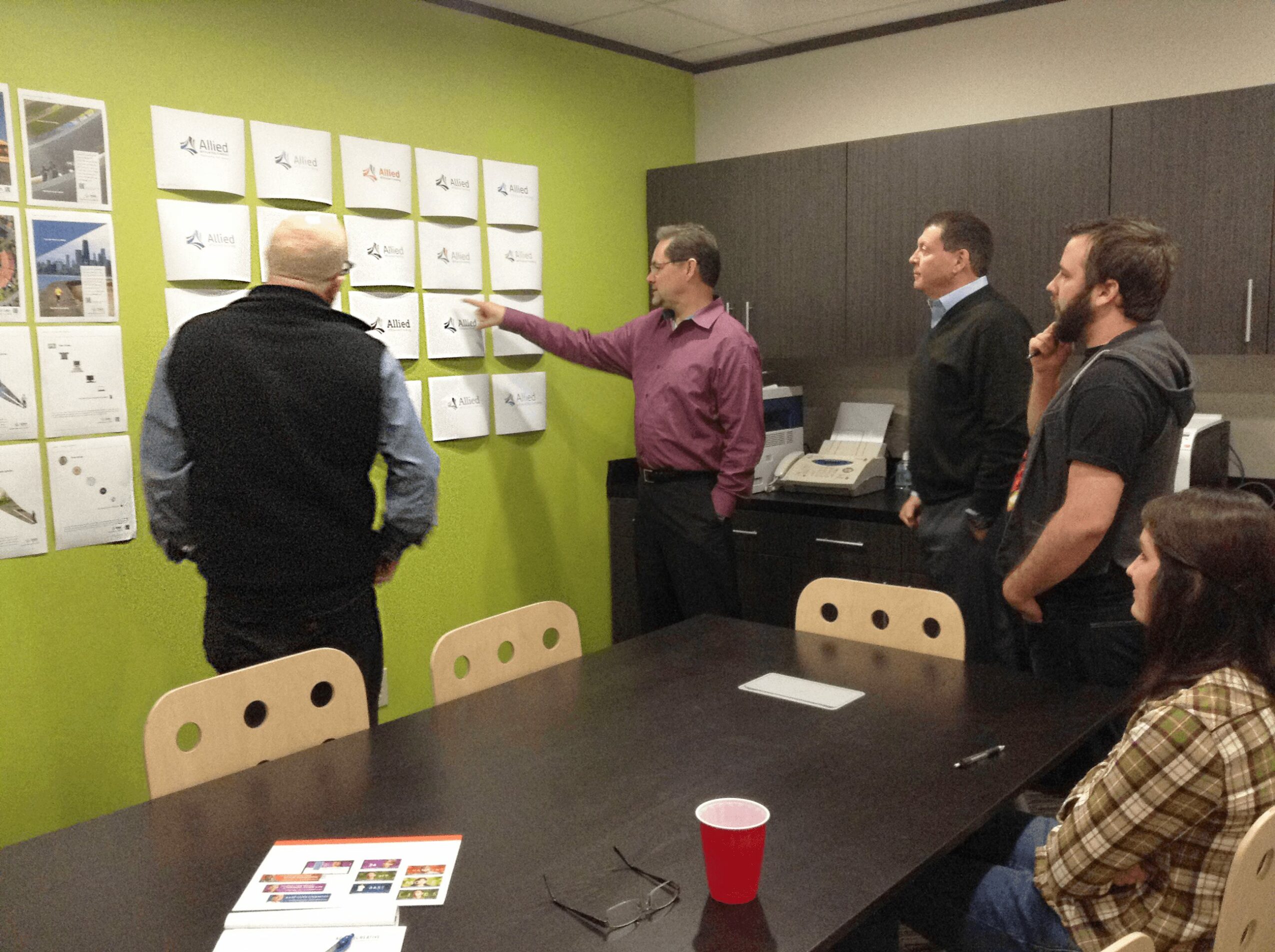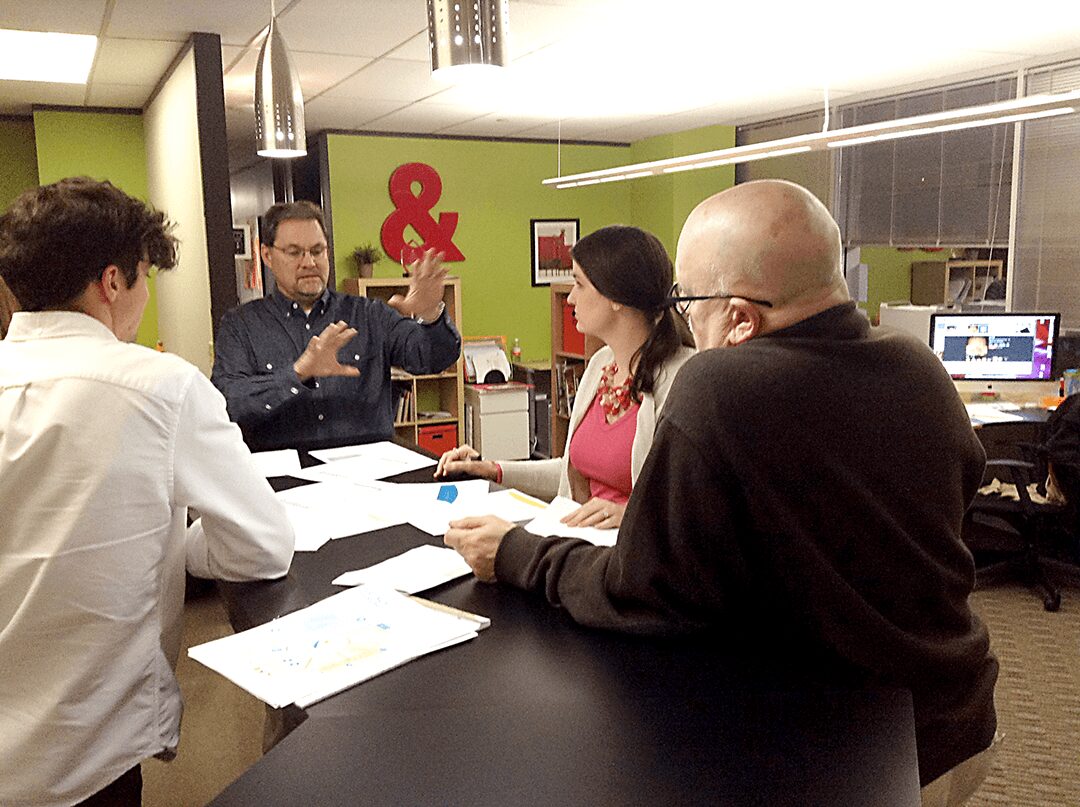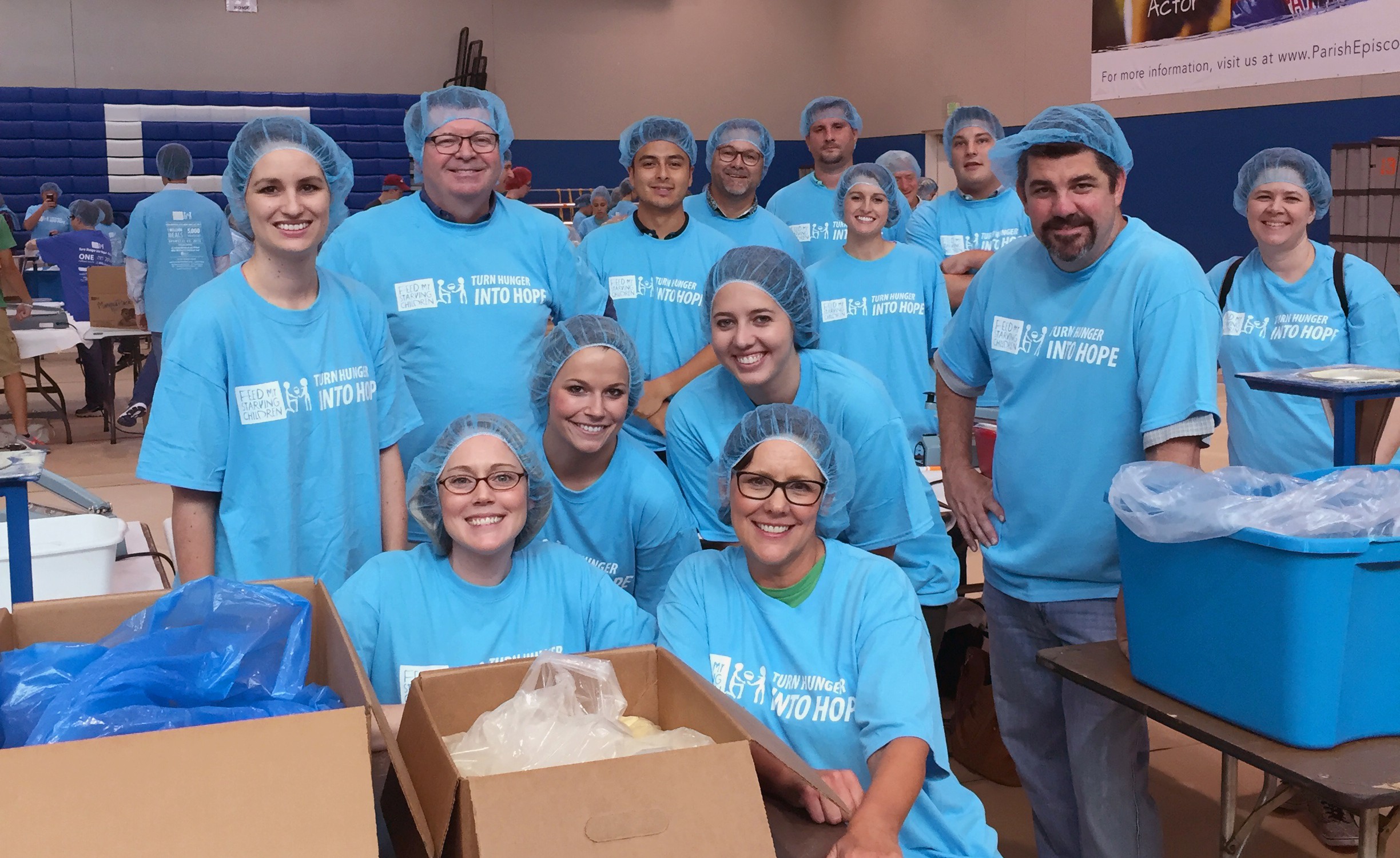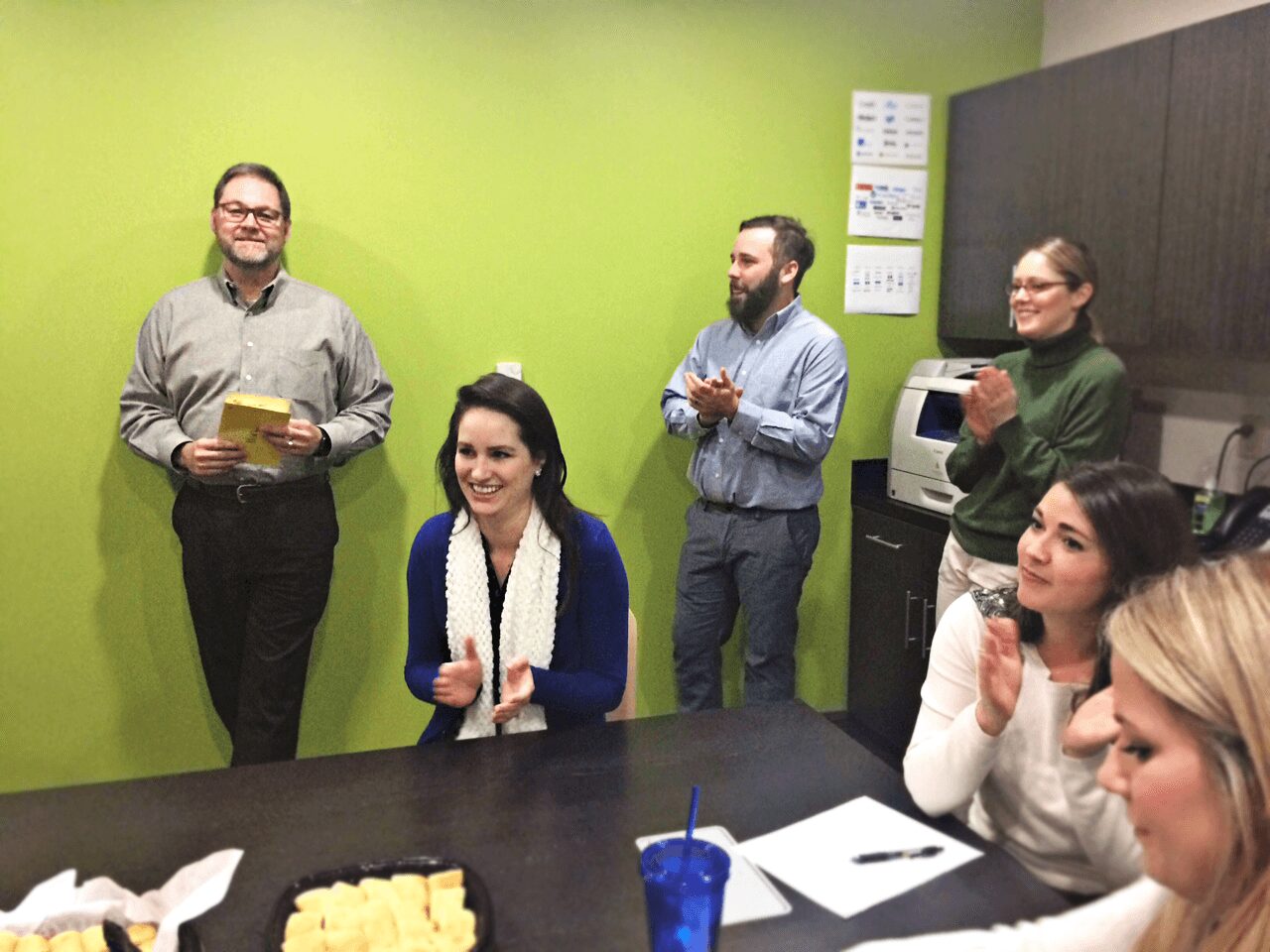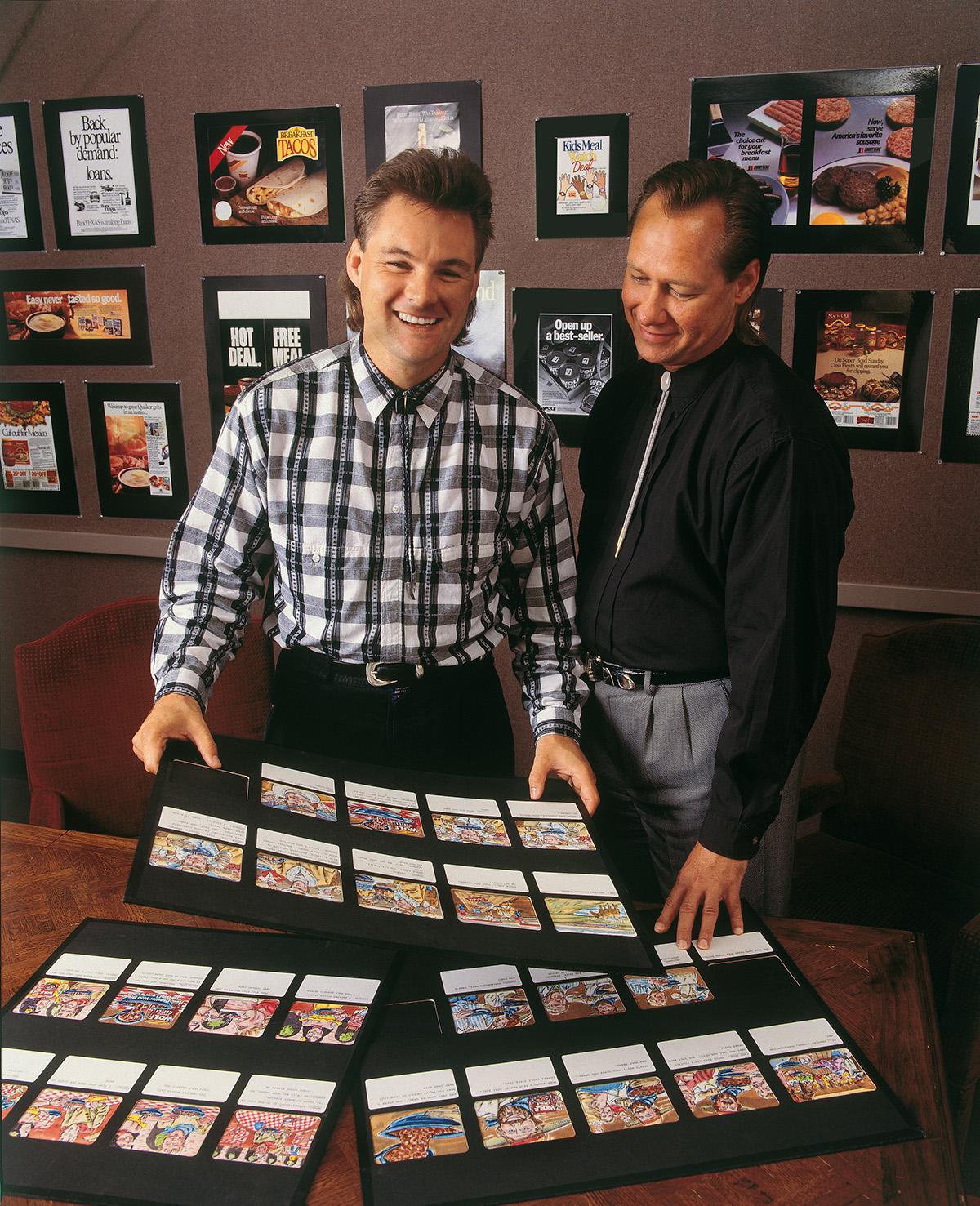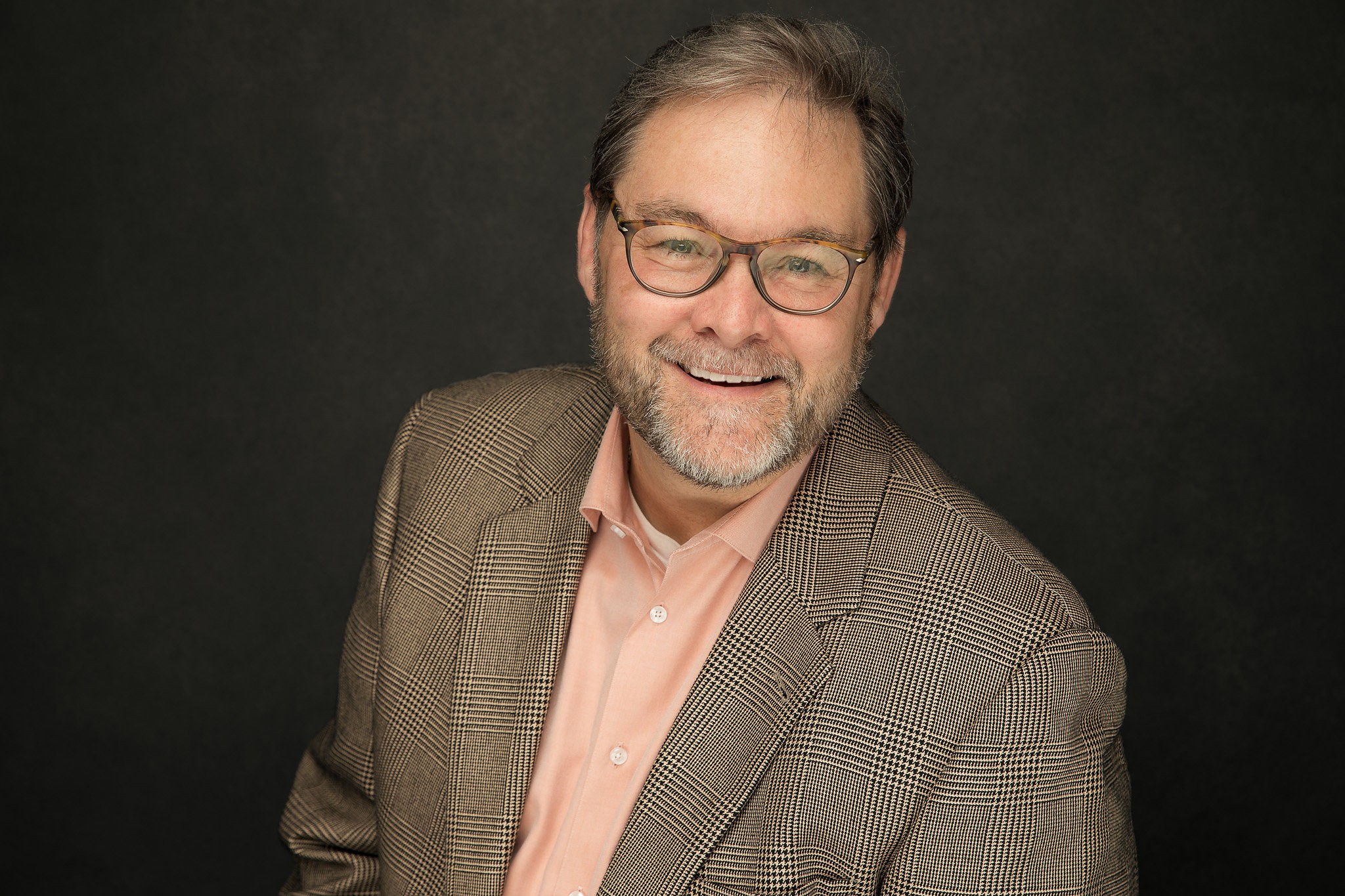

We recently had the chance to connect with Mark Wyatt and have shared our conversation below.
Hi Mark, thank you for taking the time to reflect back on your journey with us. I think our readers are in for a real treat. There is so much we can all learn from each other and so thank you again for opening up with us. Let’s get into it: What are you most proud of building — that nobody sees?
Mark Wyatt, Founder & CEO of Agency Creative – Dallas-Based Advertising Agency
When I launched Agency Creative in 2001, I had spent enough years at larger agencies to know something fundamental was broken. I kept watching talented teams produce mediocre work—not because they lacked skill, but because the structure itself was getting in the way. Department silos. Territorial attitudes. Account teams who wouldn’t talk to creative. Everyone protecting their own turf instead of protecting the client’s best interests.
I remember sitting in meetings watching departments argue about whose fault something was rather than solving the problem. The client’s needs got lost in internal politics. I knew there had to be a better way—where collaboration was built into the DNA of how an agency operates. That realization became Agency Creative’s founding principle: tear down the walls between departments and focus on what actually matters—delivering exceptional results for clients.
Can you briefly introduce yourself and share what makes you or your brand unique?
Building Something Different
Today, nearly 25 years later, we’ve grown into a mid-sized agency with an extraordinary team of 25 professionals. But what I’m most proud of isn’t our size—it’s how we work together. We have group titles because organization matters, but we deliberately have no “departments” in the traditional sense. Our brand strategists work directly with our creatives. Our media planners are in constant dialogue with our account managers. Our digital experts collaborate with everyone.
Every single day, I watch our team members move fluidly between projects and challenges, bringing their unique expertise while remaining completely open to insights from their colleagues. There’s no ego, no unnecessary hierarchy. Just talented people united around making our clients successful.
Great, so let’s dive into your journey a bit more. What part of you has served its purpose and must now be released?
Looking Toward the Future
My goal is to retire within the next five years. My hope is to have someone internally succeed me and take over leadership. We’ve built something special here, and the right successor will be someone who already understands our values—that collaboration is a daily commitment and that client relationships are built on trust and genuine partnership.
Winston Churchill once said, “Now this is not the end. It is not even the beginning of the end. But it is, perhaps, the end of the beginning.” For Agency Creative, my retirement won’t be an ending—it will be the beginning of a new chapter. And for our industry, Churchill’s words feel prophetic. With new technologies surfacing every single day, I honestly don’t know where this industry is going. But that’s what makes it exciting.
I’ve been asked what I want my legacy to be. My legacy shouldn’t be about me at all. It should be about creating an environment where talented individuals can thrive and make a positive impact in our clients’ companies. If Agency Creative continues to be a place where creativity flourishes, where collaboration is the norm, where curiosity drives constant learning, and where clients feel genuinely supported—that’s the legacy I want. Not a monument to me, but a sustainable platform for others to do their best work and help businesses succeed.
What’s something you changed your mind about after failing hard?
This one’s difficult to admit, but it’s probably the most important lesson I’ve learned in 25 years of running this agency.
For the first 15-18 years of Agency Creative, I was passionate about the work—maybe too passionate. I micromanaged everything. I had hired talented, capable people to do specific jobs, and then I wouldn’t let them actually do those jobs. I’d hover over their shoulders, second-guess their decisions, insert myself into every detail, and essentially prevent them from doing the very work and thinking they were hired to do.
I thought I was being a good leader—staying involved, maintaining quality control, showing I cared. But what I was really doing was suffocating my team’s creativity and growth. And the market gave me feedback in the most painful way possible: I kept losing great staff. Really talented people who should have stayed and thrived at Agency Creative were leaving. Some lasted a year, some maybe two, but the pattern was undeniable.
After watching several exceptional people walk out the door, I finally had to look in the mirror and ask myself the hard question: What’s the common denominator here? The answer was staring back at me. It was my leadership style. I was the problem.
That realization was humbling, honestly. But it was also liberating because once I identified the problem, I could work on fixing it. I then made a conscious decision to completely transform how I lead. I built a strong management team—people I trust deeply—and now we discuss the agency’s wins and losses together as equals. I share the burden of decision-making with people who often see things I don’t. I’ve learned to step back and let talented people do what they do best.
Most importantly, I changed how I engage with our entire staff. Now my interactions are positive and encouraging. I’m there to support, to remove obstacles, to celebrate their successes, and to help them grow—not to micromanage or criticize. I give them the autonomy and trust they deserve.
The results have been transformative. Not only has our retention improved dramatically, but the quality of work has actually gotten better. Turns out, when you hire smart, talented people and actually let them use their brains, amazing things happen. I’ve become a better leader—and honestly, a better person—because I was willing to admit I was wrong and change.
Alright, so if you are open to it, let’s explore some philosophical questions that touch on your values and worldview. What truths are so foundational in your life that you rarely articulate them?
We service our clients, and each other, on these six foundations we call I Own It. 1. I know my client and their business. 2) I strive for excellence. 3) I do the right thing. 4) I take a second look. 5) I manage expectations. 6) I expect to make a fair profit.
Okay, we’ve made it essentially to the end. One last question before you go. What is the story you hope people tell about you when you’re gone?
Mark has always deeply cared about the success of his agency’s clients—perhaps to a fault in the early years. His passion for delivering exceptional results could make him challenging to work with. He’d push relentlessly, question every detail, and refuse to accept anything less than what he believed the client deserved.
What drove that intensity was genuine commitment. Mark didn’t just want clients to be satisfied—he wanted them to succeed beyond their expectations. Every campaign, every creative execution, every strategic decision felt personal to him because he knew these weren’t just projects; they were investments in real businesses with real people counting on results.
Over the last five years, Mark had undergone a significant transformation in his leadership approach. He had become more hands-off operationally, trusting his talented team to execute at the high level he always demanded. But here’s what makes the change so powerful: The result is a team that fights for their clients with the same fervor Mark always had, but with the creative freedom and confidence to do it in their own ways.
Contact Info:
- Website: https://www.agencycreative.com/
- Instagram: https://www.instagram.com/AgencyCreative/
- Linkedin: https://www.linkedin.com/company/agency-creative/
- Facebook: https://www.facebook.com/AgencyCreative/
- Other: https://www.linkedin.com/in/markwyatt1/
